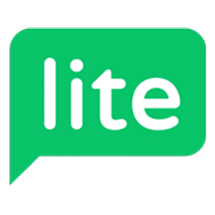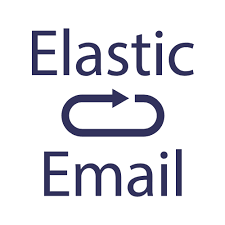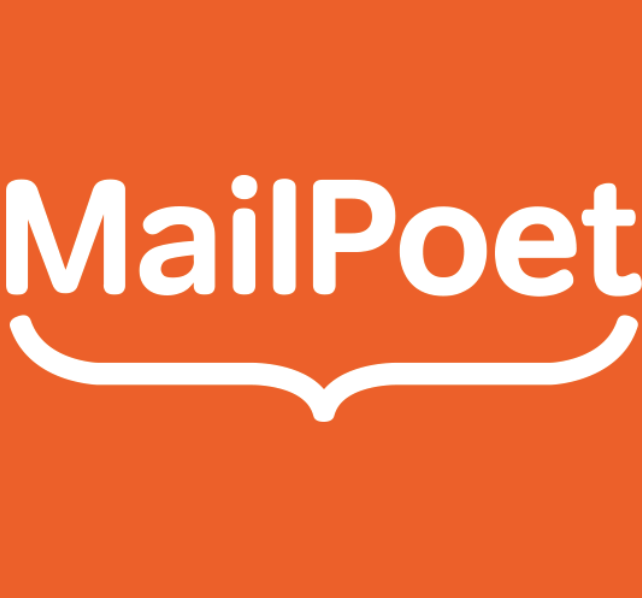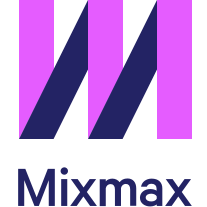Mailchimp vs Intercom
Hyperise integrates with 100's of sales and marketing tools, many of which are in the Email Marketing category. With so many to choose from it's sometimes hard to know which is best, but don't worry, we've got your covered.
In this comparison guide we're going to look at the Highlights, Pros, Cons and Pricing of Mailchimp and Intercom. We'll also delve into the details of which offers the best personalization options within Email Marketing, with there respective Hyperise integrations
Mailchimp
Pricing: Mailchimp currently offers four pricing plans to its customers: 1. Free: This plan is best for small businesses and startups who have up to 2,000 subscribers and send up to 10,000 emails per month. 2. Essentials: This plan costs $9.99/month and allows businesses to send unlimited emails to up to 50,000 subscribers. 3. Standard: This plan costs $14.Vs
Intercom
Pricing: Intercom offers a variety of pricing plans tailored to the needs of businesses of different sizes and stages. Their plans include: 1. "Start" plan: This plan costs $39 per month and includes basic features such as live chat, email automation, and team inbox. 2. "Grow" plan: This plan starts at $99 per month and includes additional features such as lead qualification and prioritization, advanced analytics, and chatbots. 3.Mailchimp vs Intercom Highlights
Mailchimp is an email marketing and automation platform that helps brands reach customers and prospective customers through email campaigns. It offers features such as drag and drop functionality for creating newsletters and campaigns, customizable email templates, and contact segmentation capabilities. Additionally, Mailchimp can also be used to create forms to collect leads, or to develop and run A/B tests for campaigns.
Intercom, on the other hand, is a customer communication and engagement platform designed to help businesses communicate with customers throughout the customer journey. Its core features include automated messaging, customer segmentation and personalization tools, customer feedback tools, customer education tools, customer support tools, and analytics. It also allows companies to build custom Messenger bots to automate customer conversation and to triage incoming messages. Intercom is especially useful for customer support and customer service applications, while Mailchimp is more focused on email marketing.
Mailchimp vs Intercom Pros
Mailchimp Pros
- Mailchimp offers a free plan for users with fewer subscribers.
- Mailchimp has a drag-and-drop email builder, making it easy to customize email templates.
- Mailchimp has a variety of integrations with e-commerce platforms and social media networks.
- Mailchimp offers more pricing plan options compared to Intercom.
- Mailchimp has a robust reporting and analytics feature, allowing users to track their email campaign performance.
- Mailchimp is more affordable than Intercom for small businesses.
- Mailchimp has a user-friendly interface and easy-to-use automation features.
Intercom Pros
- Here are the pros of Intercom as compared to Mailchimp:
- Intercom offers more personalized communication with customers through its chat and messaging features.
- With Intercom, you can manage your customer database and communicate with them directly within the platform, eliminating the need for another email automation tool such as Mailchimp.
- Intercom's real-time messaging features allow for quicker response times, reducing the likelihood of customer churn due to slow communication.
- Intercom provides more advanced features for sales and marketing teams, including lead scoring and in-app messaging.
- Intercom integrates with a wide range of third-party apps and tools, allowing for more flexibility and customization in your workflows.
- Note that the benefits of each platform will depend on your specific business needs and use cases, so it's important to carefully consider the features of each before making a decision.
Mailchimp vs Intercom Cons
Mailchimp Cons
- Limited communication channels (email only) compared to Intercom's multi-channel approach
- Limited segmentation options for email campaigns compared to Intercom's more advanced segmentation capabilities
- Limited automation capabilities compared to Intercom's advanced automation workflows
- Higher cost for larger email lists compared to Intercom's pricing model based on active users
- Limited ability for personalized and targeted in-app messages compared to Intercom's more advanced in-app messaging features
Intercom Cons
- Intercom can be more expensive, especially for larger businesses with higher customer engagement.
- Intercom's email marketing capabilities are limited compared to Mailchimp's.
- Intercom can be more complex to set up and use, requiring more technical knowledge and training.
- Intercom focuses heavily on customer communication and support, but may not be as effective for lead generation or user acquisition.
- Intercom has fewer integrations and plugins compared to Mailchimp, which may limit its versatility for some users.
Mailchimp & Intercom Hyperise Integrations
Mailchimp uses the HTML code embed method to integrate with Hyperise, giving a simple way to add personalized images to your messages.
Mailchimp makes the following data points available to Hyperise, to enable personalization in images used in outreach and linked out to your personalized website landing pages.
- Using business Email passed from Mailchimp, Hyperise is able to enrich business logo and website screenshots. In some cases, with a business Email we're also able to enrich profile images, subject to the business email having a publicly available profile.
Mailchimp Integration Guide
Intercom uses the HTML code embed method to integrate with Hyperise, giving a simple way to add personalized images to your messages.
Intercom makes the following data points available to Hyperise, to enable personalization in images used in outreach and linked out to your personalized website landing pages.
- Using business Email passed from Intercom, Hyperise is able to enrich business logo and website screenshots. In some cases, with a business Email we're also able to enrich profile images, subject to the business email having a publicly available profile.
- Business name
- Using business Website passed from Intercom, Hyperise is able to enrich business logo and website screenshots.
Intercom Integration Guide
 vs
vs 




 vs
vs  vs
vs  vs
vs  vs
vs  vs
vs  vs
vs  vs
vs  vs
vs  vs
vs  vs
vs  vs
vs  vs
vs 
 vs
vs  vs
vs  vs
vs 
 vs
vs  vs
vs  vs
vs  vs
vs  vs
vs  vs
vs 

 vs
vs  vs
vs 
 vs
vs 


 vs
vs  vs
vs 













